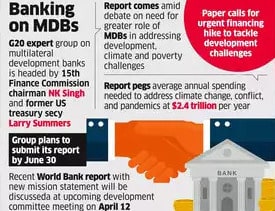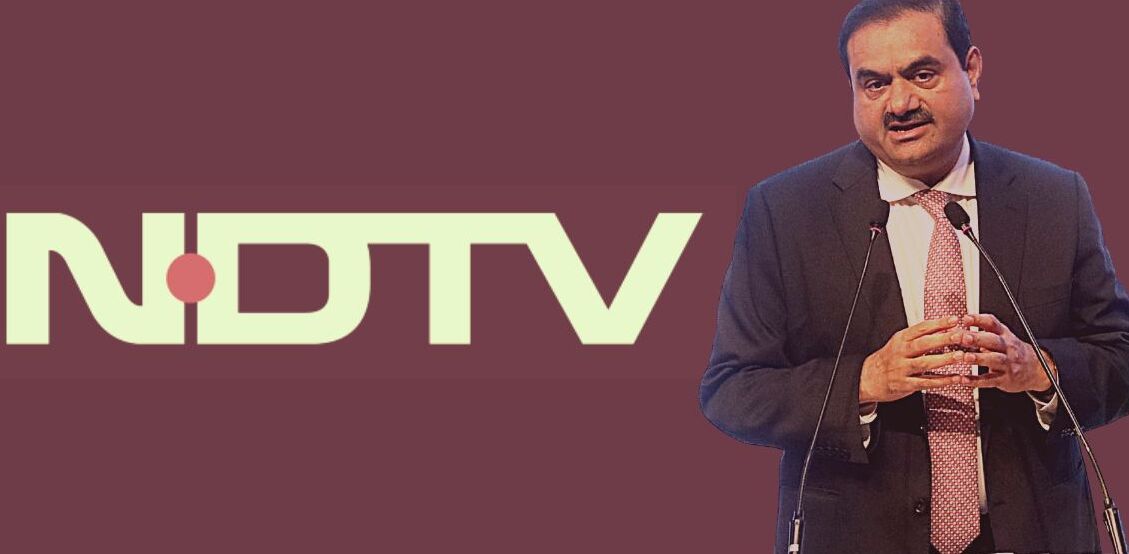
The panel on development banks of the G20 is expected to present its priorities at the September meeting, according to sources familiar with the matter.
The G20 is a group of the world’s largest economies, representing 80% of global GDP, and includes both developed and developing countries. The panel on development banks, which was established in 2017, brings together representatives from various international financial institutions to discuss ways to enhance the role of development banks in achieving sustainable and inclusive growth.
The panel’s priorities are expected to focus on increasing investment in infrastructure, promoting green finance, and supporting small and medium-sized enterprises (SMEs). These priorities are seen as crucial in achieving the United Nations’ Sustainable Development Goals, which aim to end poverty, protect the planet, and ensure prosperity for all. The panel is also keen to explore the potential of digital finance and its role in improving access to financial services for people living in remote locations. With India being home to a large population of unbanked citizens, this could be a key area of focus. As the economy grows, it is important that appropriate measures are taken to ensure inclusive growth and development.
Development banks play a vital role in financing infrastructure projects, particularly in developing countries, where private sector investment may be limited. They also play a critical role in promoting sustainable development by investing in renewable energy, climate mitigation, and adaptation projects. Development banks can provide loans, equity investments, and other forms of financing to support these projects. They often offer attractive terms and conditions to mobilise private sector investment in areas that are traditionally seen as too risky or expensive for the private sector.
The panel’s priorities are expected to include measures to strengthen the capacity of development banks to mobilize private capital, improve risk management, and enhance transparency and accountability. The panel may also explore ways to coordinate and collaborate with other international organizations to promote sustainable and inclusive development.
The September meeting of the G20 development banks panel will provide an opportunity for representatives to exchange ideas, share experiences, and identify areas for collaboration. It will also be an opportunity for the panel to engage with stakeholders from the private sector, civil society, and academia to ensure that its priorities reflect the needs and perspectives of a diverse range of stakeholders.
During the meeting, G20 development banks will discuss issues such as digitalization, infrastructure planning, climate change, and green finance. The meeting aims to explore ways in which G20 countries can work together to develop more effective strategies and policies that promote a more equitable and sustainable approach to development. The panel hopes that this dialogue will help build consensus on the critical roles that G20 development banks will play in achieving a more inclusive and equitable world.
Additionally, the panel will examine how technology can be used to create more job opportunities in developing countries, as well as how best to ensure financial access for those living in poverty. The panel also intends to focus on ways that G20 countries can work together to promote economic growth and security. Finally, the panel will consider how G20 countries can use their resources to address global challenges such as climate change, poverty, gender equality, and pandemics. With its wide range of perspectives, this panel is sure to make an impact on the future of our world.
The G20’s commitment to sustainable and inclusive development is crucial in the context of the ongoing COVID-19 pandemic, which has exposed and exacerbated existing inequalities and vulnerabilities. The panel on development banks has a critical role to play in ensuring that the world’s largest economies work together to address these challenges and build a more resilient and sustainable future for all.









